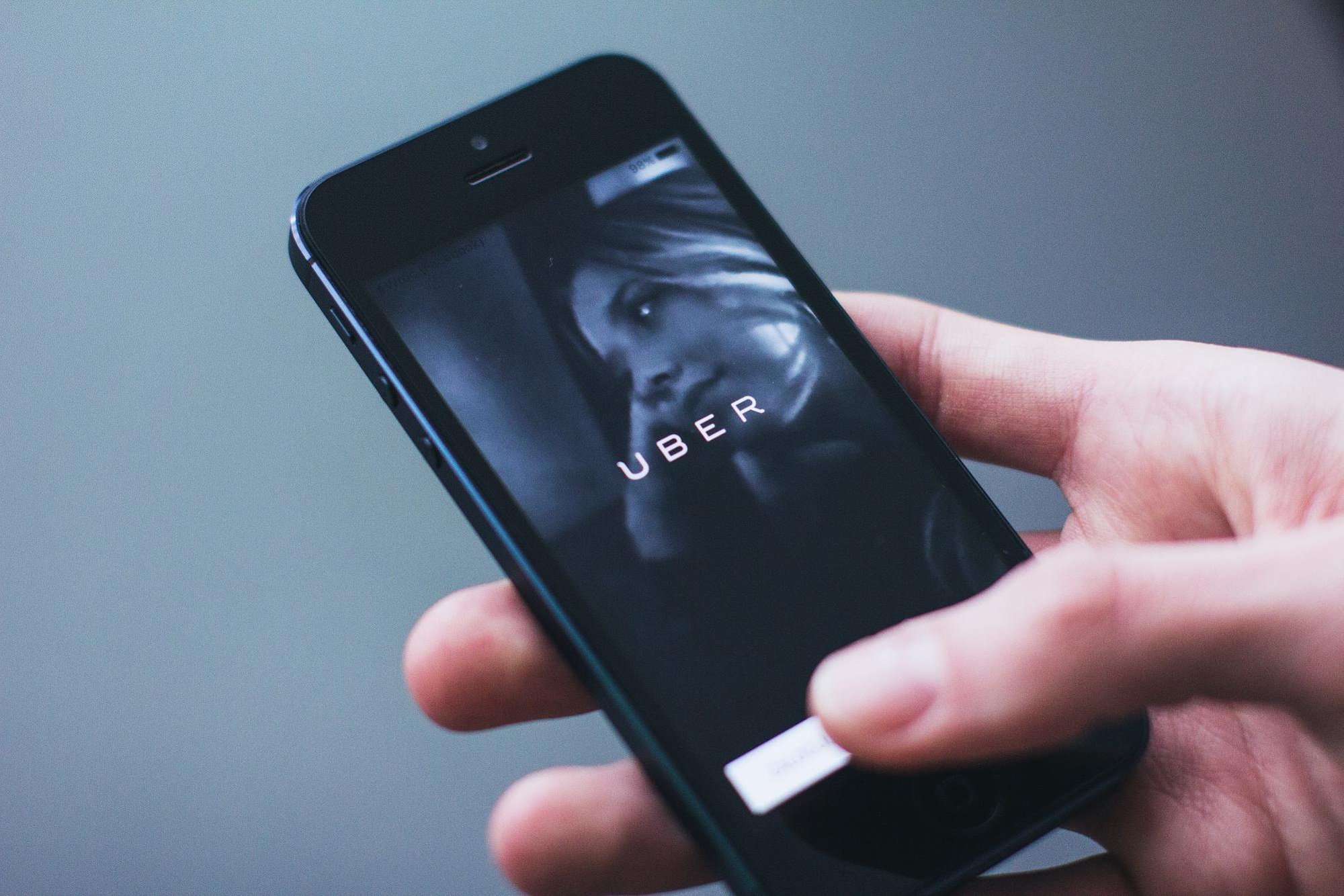The adaption of the Uber business model or Uberization is being taken on by more and more startup companies around the world. It’s easy to see why when you consider that the Uber model has significantly lower operating costs than traditional business models.
Uberization is based on peer to peer technology. Sharing economy apps use computer platforms, such as web applications, to make direct transactions between clients and the providers of a service, bypassing the role and costs of central corporations. The model is more efficient and provides high quality services for the customers.
It’s understandable why so many startup companies are using this model to get ahead of the competition and cut out the middleman in the digital economy. We’ll look at several real-life case studies of companies that have adopted the Uber model in other indutries and see how they are successfully applying the core principals of Uberization.
The Uber model in Food Delivery
The adaption of the Uber model by food and beverage companies means that they no longer need to employ their own delivery fleet and pay for the upkeep of vehicles and staff. Instead they can use independent drivers who have their own vehicles to deliver food to customers. One such company that has successfully adapted the Uber revenue model to the food delivery industry is the Swiss company Foodarena. We helped Foodarena build an app that connects consumers with their favorite restaurants using a delivery service.
The Uber model for Trucking
The model has also been adapted by the logistics industry. Logistics by its very nature is a complicated business. At times a company needs to coordinate large deliveries or redirect resources for urgent matters but problems arise due to the lack of vehicles and the enormity of the task. One solution is to hire “freelance” truck drivers to help with high demand when it they are needed and by using an app it can be coordinated in a fast and efficient way. Instead of turning around one large ship, the company can divert hundreds of smaller speed boats to quickly answer the demand when and where it is needed most. Our team designed an effective and convenient web application for the German logistic company Doll&Lieber. It allows transferring excessive transportation orders to free truck drivers.

The Uber model for healthcare
When is comes to caring for older members of our families, a common is that we simply don’t have enough time to take care of them. Our jobs and own immediate families mean that we can’t dedicate every waking hour to looking after the old and sick. People need to hire the services of third party companies to care for senile or elderly family members. Choosing the right and professional candidate is essential for elderly care. Our team has designed and developed a web application for American Wendy’s team to ensure that people can make the right decisions when it comes to caring for the older generation.

The use of uberization model in other sectors.
Read also how to develop homecare provider management software and how to develop hospital inventory management software.
The Uber model in the entertainment
A Chinese video streaming website has used the Uber model to compete with DVD rental shops, cinemas and television. Users can upload, view and share video clips of any kind. Tudou streams a one petabyte of video content daily, which makes it a significantly larger platform than Youtube.
Jurisprudence
The legal sector has also began to adapt the principles of the Uber business model in a big way. Pravovoz has designed an online exchange market for workers in the jurisprudence sphere. It allows users to search for and hire individual lawyers, rather than approaching one particular law firm. This direct contact with lawyers can reduce the cost of legal services by up to 95%.
Read also about telehealth EHR integration and agri commodity platform development.
Human resources
Junglejobs is another great example of Uberization in practice. Junglejobs is an online job platform that brings together employees and recruiters throughout the whole of Russia, regardless of the size of the business. The employer establishes a contract with Junglejobs and publishes job positions. Recruiters view the open positions and send CVs of suitable candidates. After securing the position and the of the probation period by the candidate, the recruiter then receives his or her remuneration for their work.
It is apparent from the examples above that the sharing economy is here to stay. Nowadays, people order taxis and rent apartments to each other, but many opportunities have yet to be explored. The creation of new applications and platforms will allow companies to share warehouses, land, and even energy resources.
Our team has worked on numerous projects that have allowed businesses to adapt the Uber operating model, cutting costs and maximizing profits. If you have an idea for an app then get in touch with us today so we can talk with you directly about how to best develop your sharing economy business plan.




